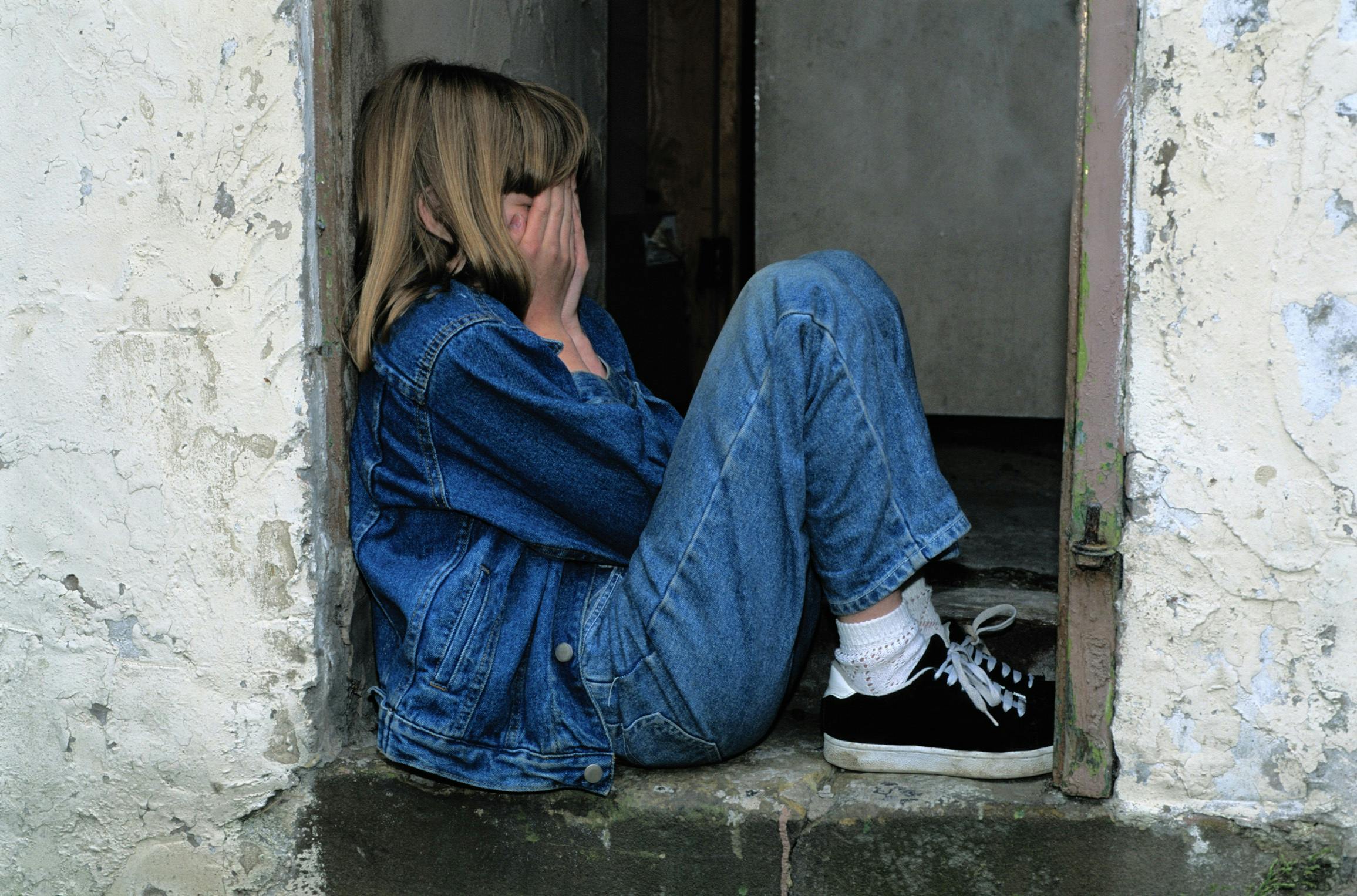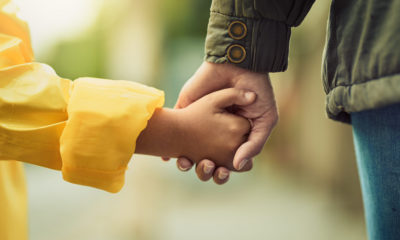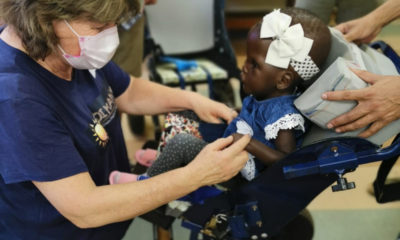
Featured Item

Honesty versus protection: how to guide kids through war
The waves of terror and violence in Israel have left the world in shock. Innocent civilians, including children, have endured brutal attacks, been taken hostage, and suffered immense loss. These events have deeply affected Jewish communities worldwide, particularly in Jewish schools, where educators, parents, and social workers are guiding children through fear, confusion, and grief.
Arielle Susman, a clinical social worker at King David Primary School Victory Park, understands the emotional toll of trauma on young minds. “Children today are constantly exposed to distressing images and information. We must help them process it in a way that acknowledges the severity without overwhelming them,” she says. Susman emphasises balancing honesty with emotional protection to ensure children grasp the gravity of the situation without being consumed by fear or desensitised to the suffering.
In today’s media landscape, graphic and sensationalised images can quickly instil fear and anxiety in children. Even if they don’t fully grasp the political or historical nuances of the conflict, they absorb its emotional weight. As they experience the shock and grief affecting their community, difficult emotions and questions arise. Susman urges adults to step in and provide guidance. “Avoiding these topics leaves space for misinformation, which only deepens fear and confusion,” she warns.
Creating a safe space for children’s emotions is key. “Children need to feel heard. Their feelings of fear, confusion, sadness, and helplessness are valid,” Susman says. Adults mustn’t shield children from reality, but help them to process it in developmentally appropriate ways. By providing an environment in which children can express their fear, anxiety, and thoughts, parents and educators can ease some of the emotional burden they carry.
Reassurance is just as important. Children need to know that despite the ongoing violence in Israel, they aren’t alone. “We must remind them that there are many people working toward peace, safety, and justice,” Susman says. “While it’s easy to fall into despair in the face of such immense loss, we must balance the gravity of the situation with hope and resilience.” Reminding children that there are efforts to make a difference helps mitigate feelings of powerlessness and fosters a sense of agency in challenging times.
Rabbi Ricky Seeff, the director of the South African Board of Jewish Education (SABJE), acknowledges the challenges parents face when deciding how to protect their children from graphic content.
“At the start of the war, many parents didn’t give their children access to social media because of the unfiltered and highly disturbing images. This type of approach is often necessary but isn’t sustainable,” he says.
Wendy Richard, a rebbetzin and teacher at Torah Academy Nursery School, has witnessed firsthand the challenge of shielding children from the brutal realities of war. After the deadly attacks on 7 October 2023, Richard said it was nearly impossible to protect children from the trauma. “They could feel the tension in the air. They saw the worry on our faces. It’s impossible to hide that from children.” she said.
Richard believes that giving them a sense of safety amid the chaos is crucial. “At Torah Academy, we tell our children every day that as their teachers, we are their safekeepers. We remind them that Hashem is with us, and that they are safe,” she says. This sense of reassurance, grounded in faith and community, gives children the emotional stability they need in these unprecedented times.
In addition to emotional support, her school provides children with tangible ways to feel connected to Israel. “We pray for a different soldier every day. We send videos of our children praying for their safety, and we’ve even received videos from some of the soldiers thanking the children for their prayers. It creates a personal, empowering connection with Israel. It gives them hope.”
Richard and Susman agree that though terror and violence cannot be underestimated, the goal is to equip children with the tools they need to process these emotions in healthy ways. In addition to emotional support, media literacy is a critical aspect of helping children – especially teens – navigate the overwhelming flood of information. Susman emphasises the importance of teaching them how to discern credible news sources versus sensationalised or misleading information. “Without these tools, they can easily fall victim to fear-based narratives,” she says.
Rabbi Seeff highlights the importance of teaching children how to moderate their exposure to distressing content. “Tweens and teens need to understand that they have the power to determine what they watch and the foresight to know if certain things make them scared or uncomfortable. This is an important skill for all social media consumption. Children need to feel empowered to disconnect and say ‘no’ to content that bothers them, and if they are still young, they need to be taught to bring it to their parents’ attention.”
Shoana Gordon, a psychologist specialising in risk and security management and mother to a seven-year-old daughter, underscores the importance of teaching empathy in the face of suffering. “Our children deserve the truth – honesty tempered with compassion, tailored to their emotional maturity, not just their age.” Gordon believes that as parents, our role is to help children navigate life’s complexities with empathy, teaching them that anger should be met with the strength to care for all people.
Instead of debating whether children should be exposed to traumatic events, Susman and Richard believe the focus should be on how to approach these conversations in a balanced, age-appropriate manner. “We need to address these issues in a way that supports children, without ignoring or overwhelming them,” Susman says.
As Israel continues to endure the pain of loss amid the ongoing uncertainty of war, it’s more important than ever for communities to foster open communication, offering emotional support, and promoting media literacy. Our children need to process the reality of the difficult events unfolding before them while still preserving hope, humanity, and faith in the future.










